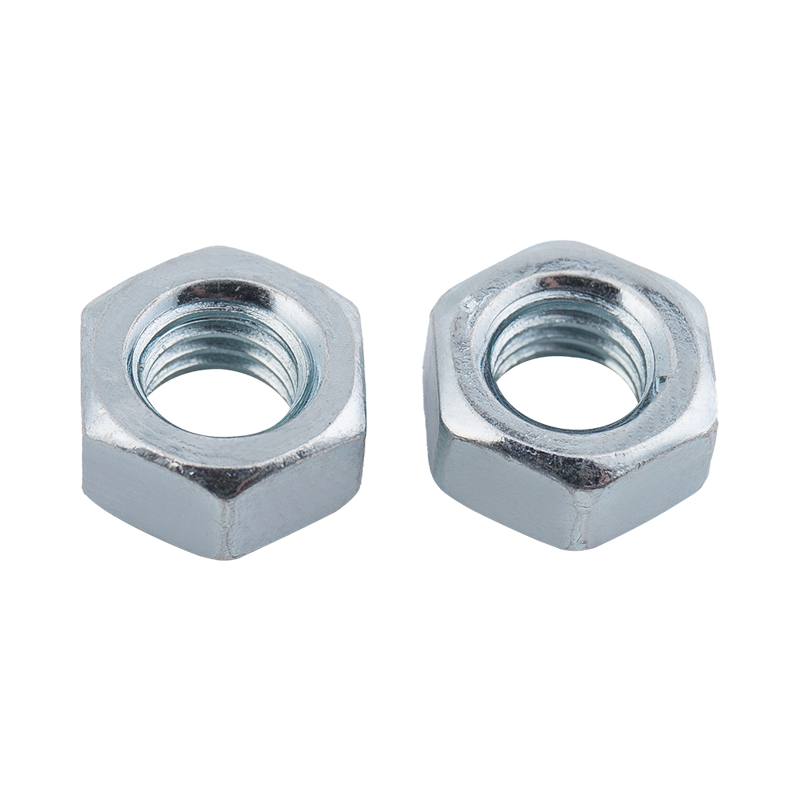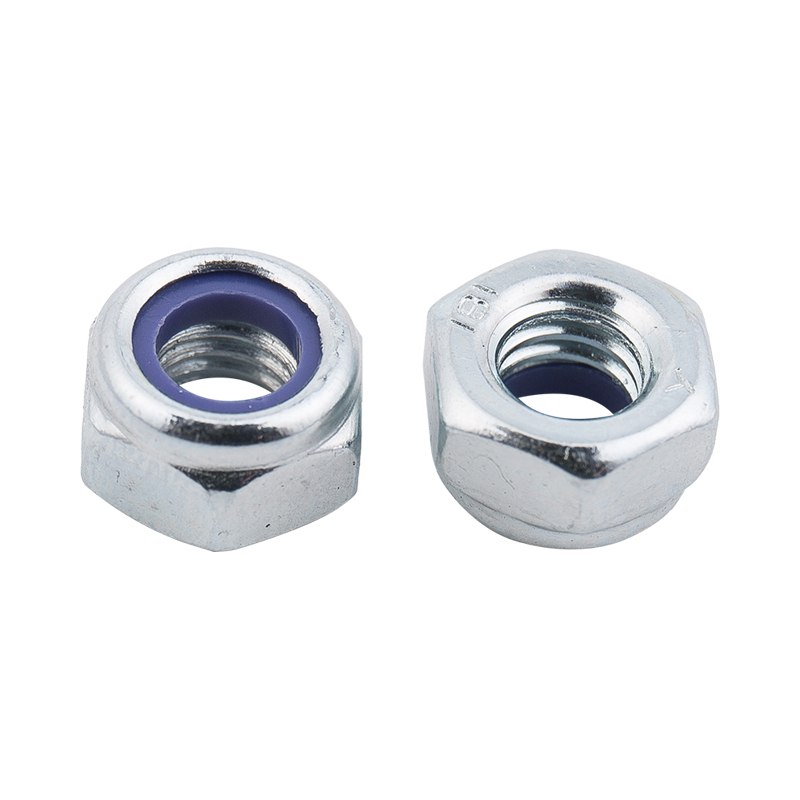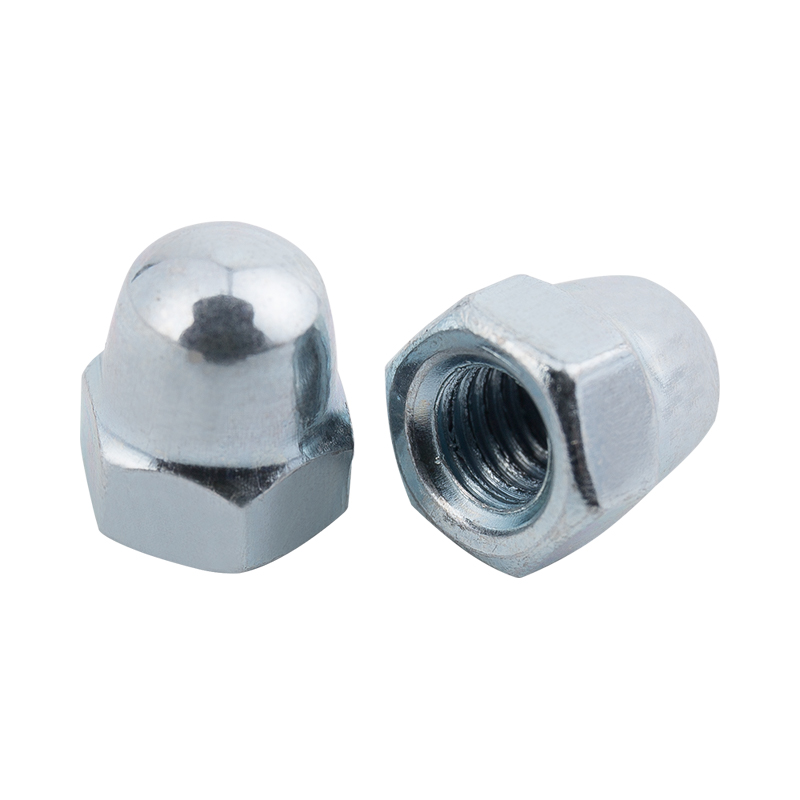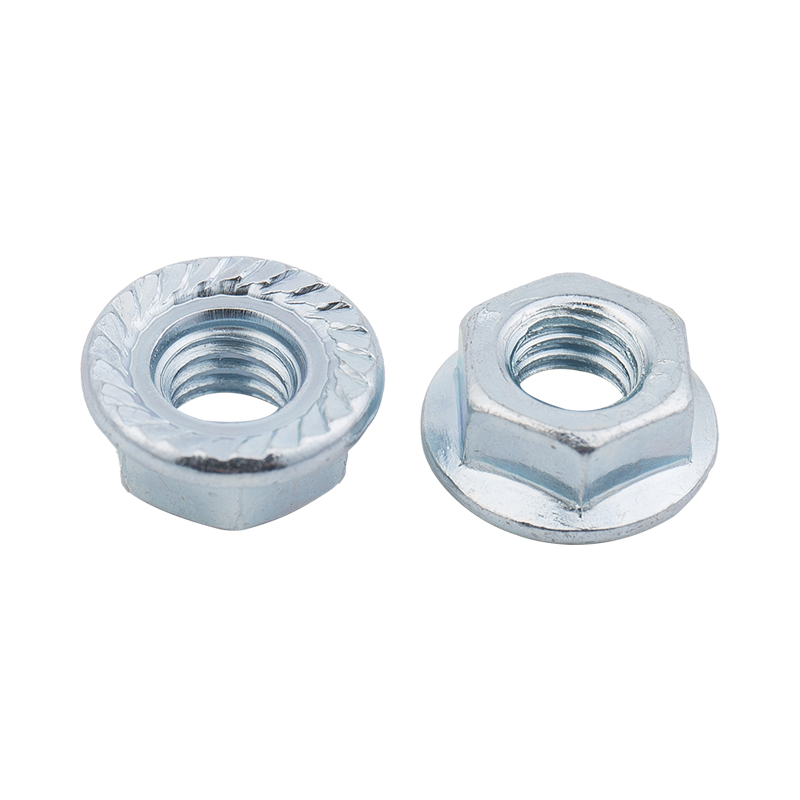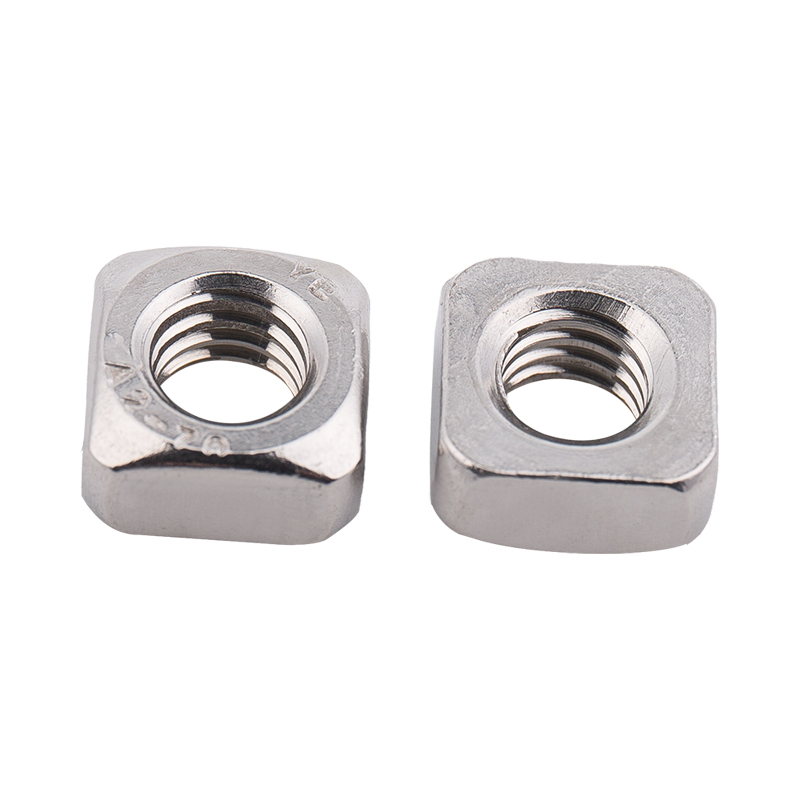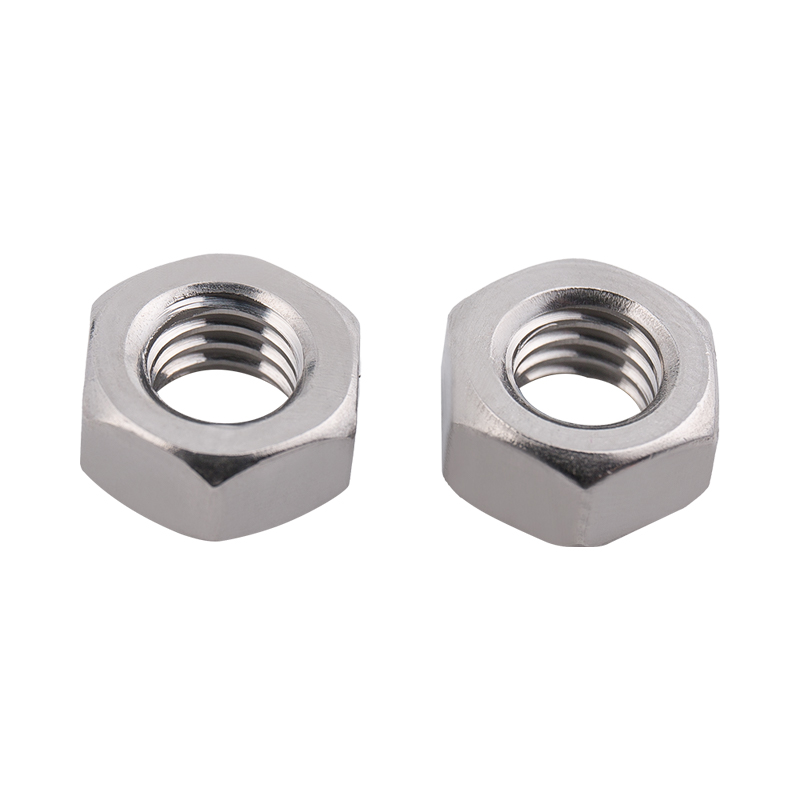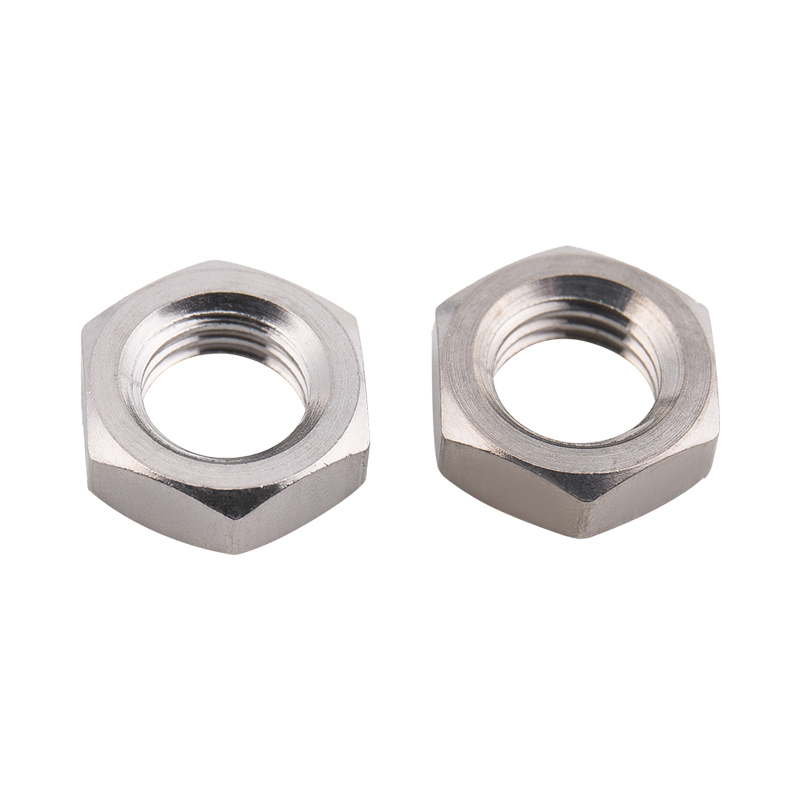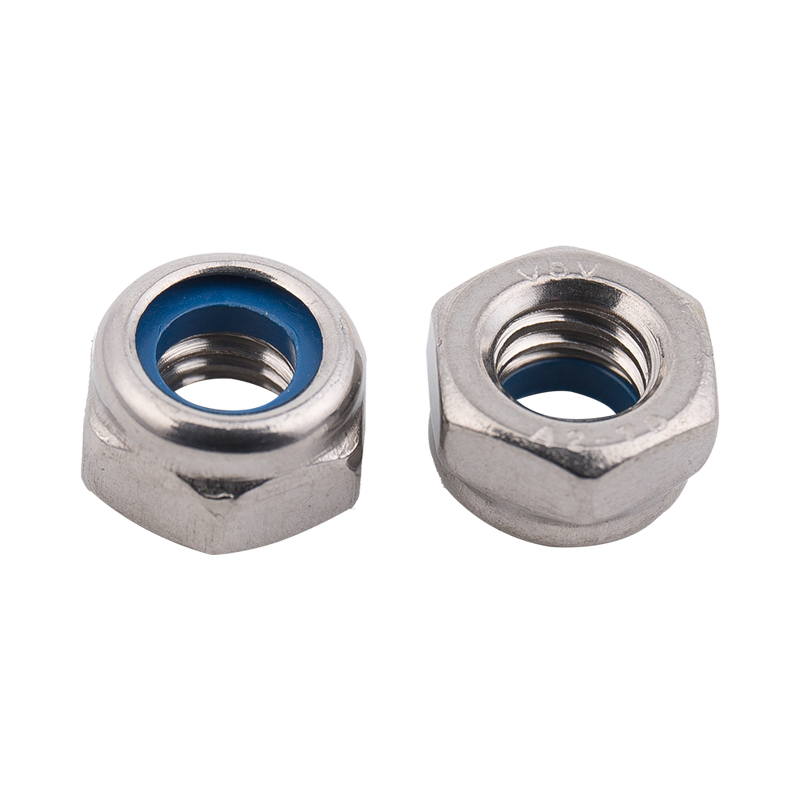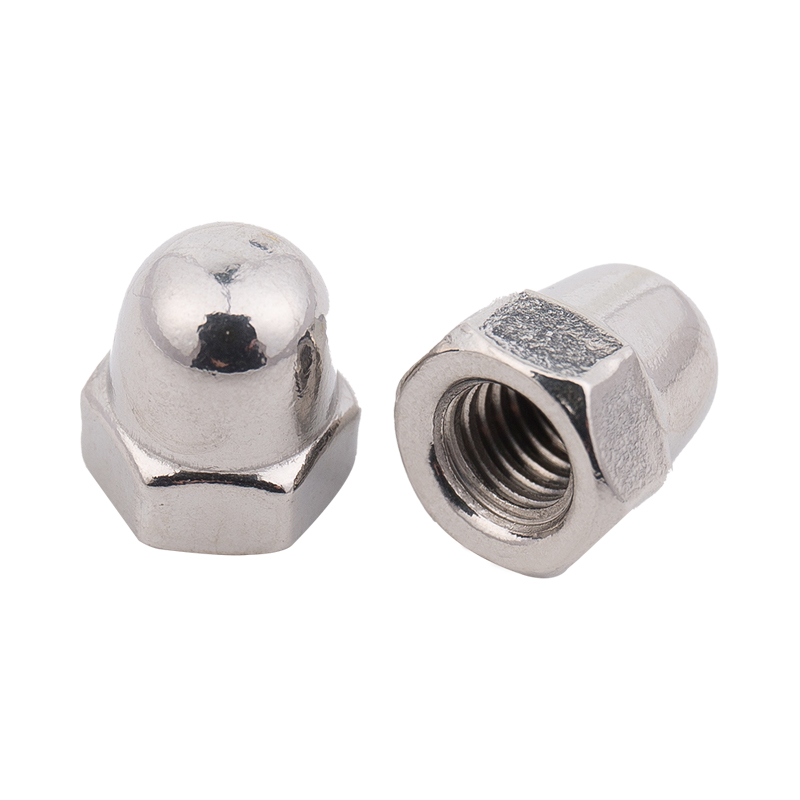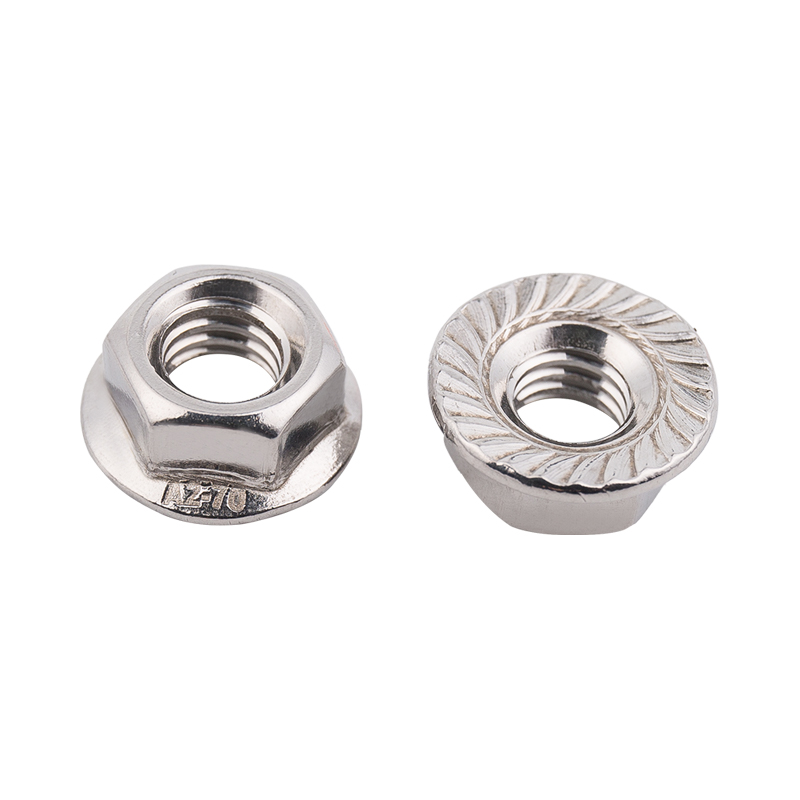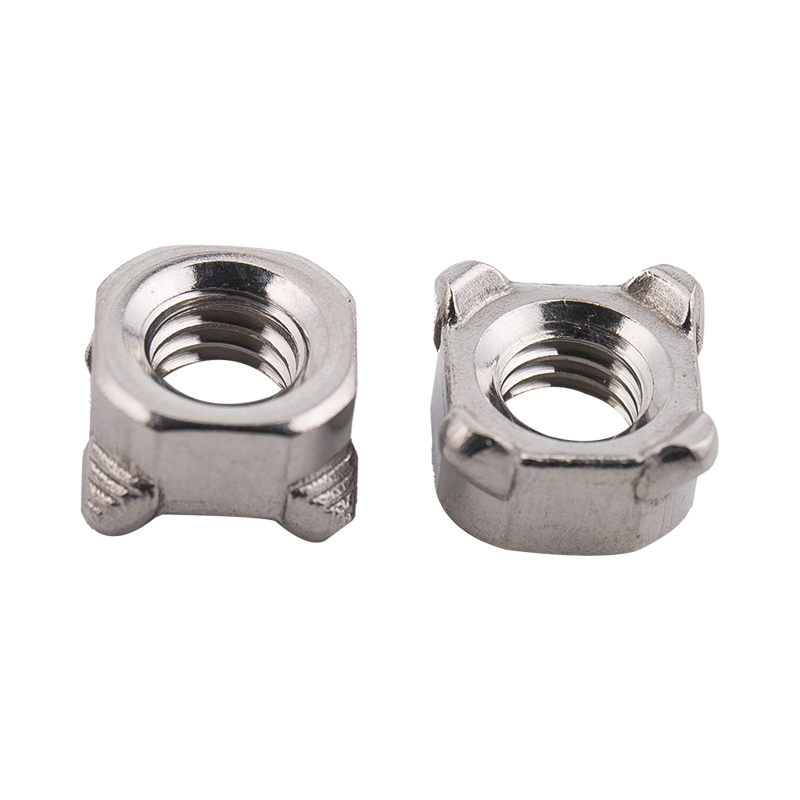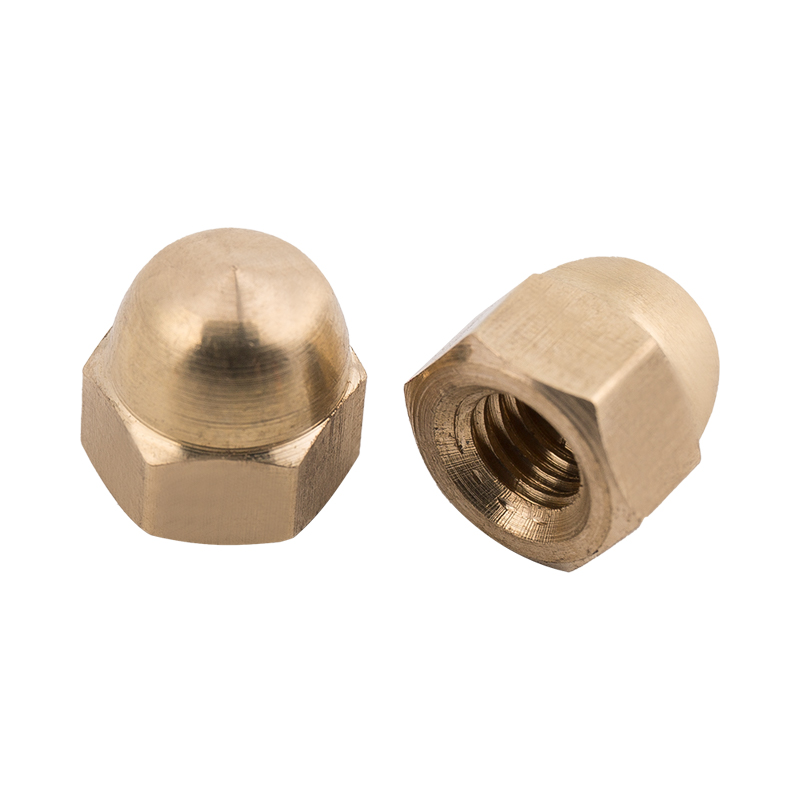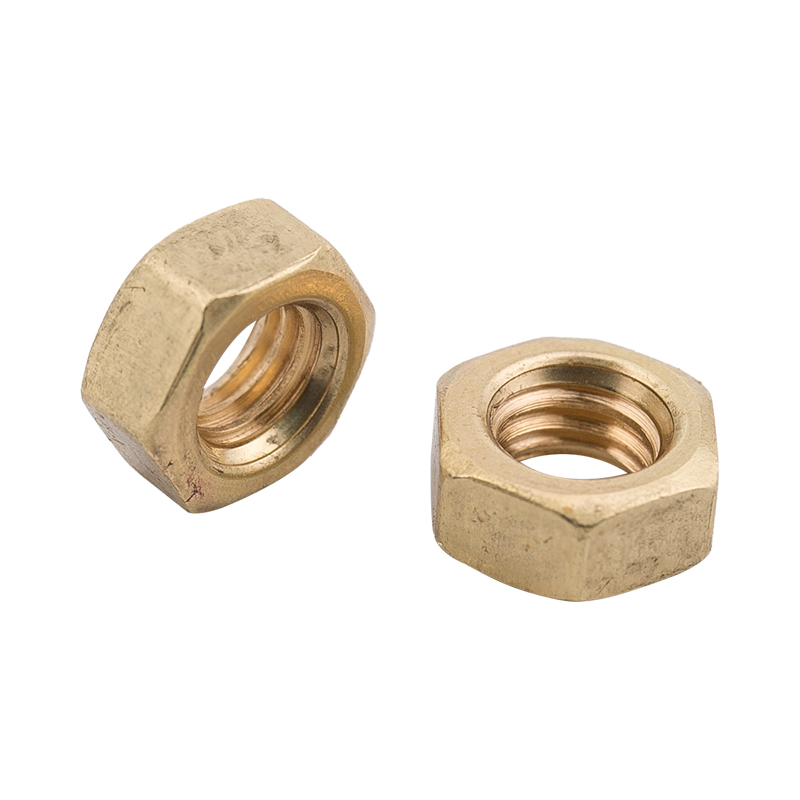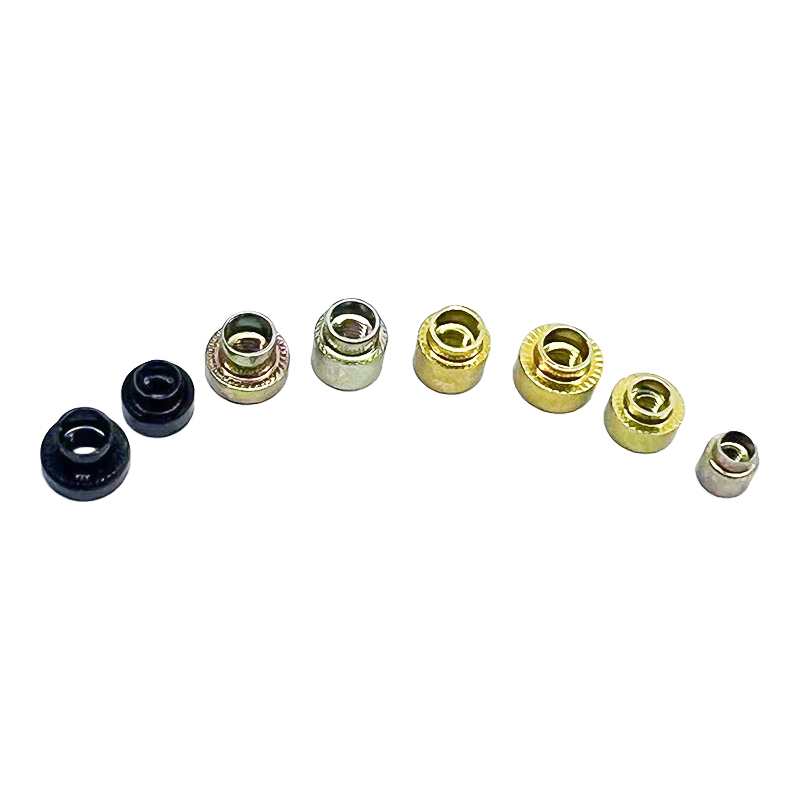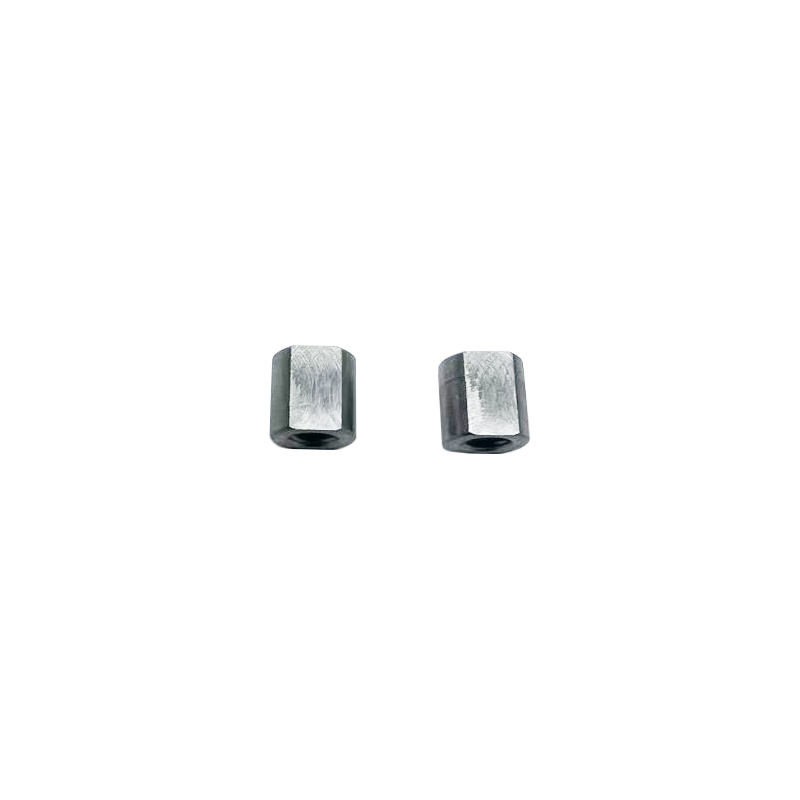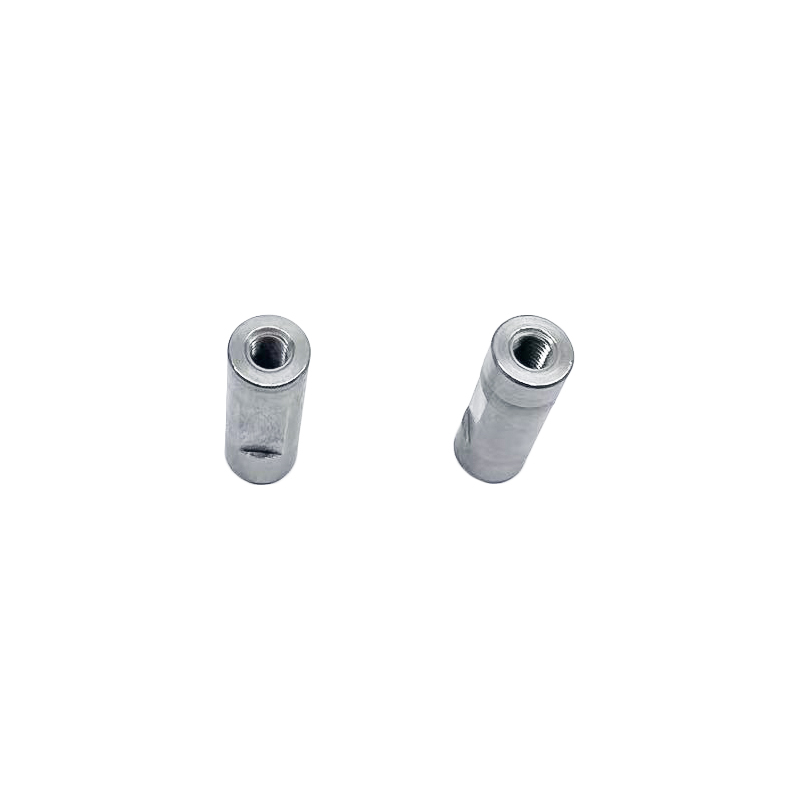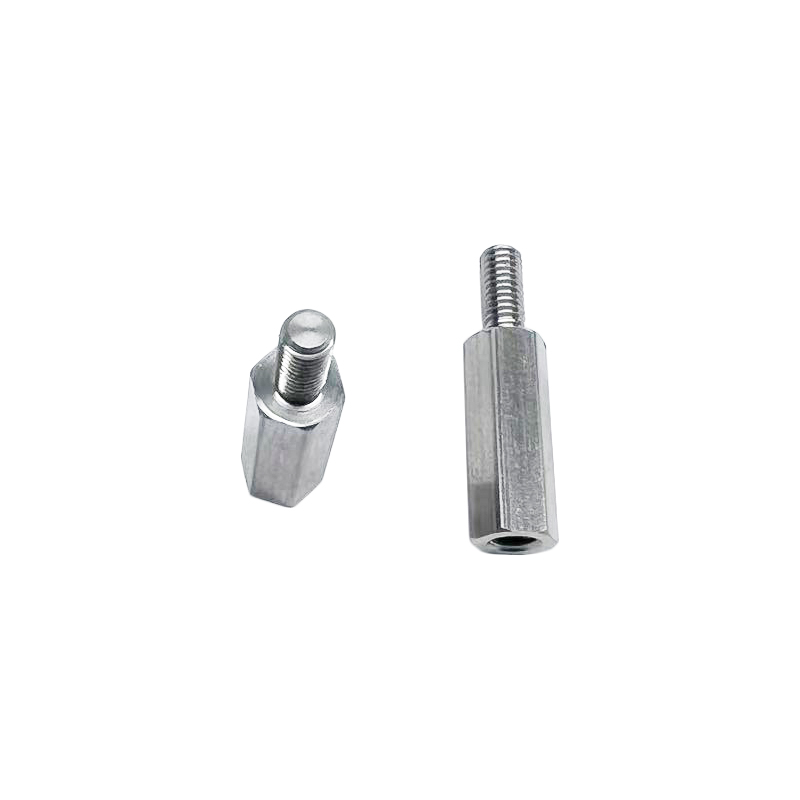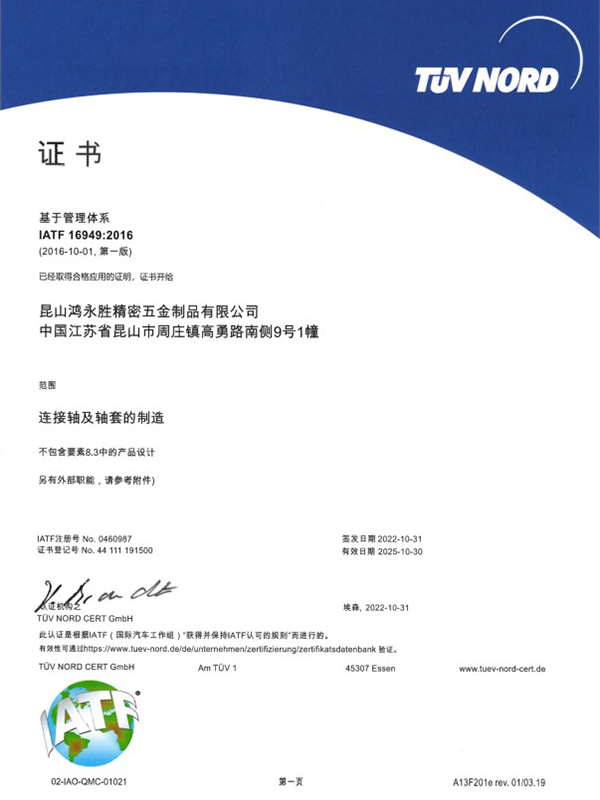Definition and Basic Concept of Hexagonal Rivet Nuts Hexagonal rivet nuts are internally threaded fasteners designed to create strong, load-bearing threads in thin or hollow materials where convention...
READ MOREThe company has obtained two quality system management certificates of ISO9001:2015 and IATF16949:2016.
At present, the company has been for Japan, Sweden, the United States, Singapore, Malaysia, Hong Kong and the Pearl River Delta and many other customers to provide services, now the main customers are: Japan Sharp (SHARP), Japan SMC, Japan Panasonic (Panasonic), the Swedish automobile VOVOL, etc., all the fixed assets investment of more than 30 million dollars, welcome friends from all walks of life to the factory to visit, study, consulting and come! We welcome friends from all walks of life to visit our factory, investigate, consult and come to us for sample processing.
We are looking forward to establishing a good business partnership with you with mutual trust and reciprocity!
-
-
Understanding Sealing Requirements in Hydraulic and Pneumatic Systems Hydraulic and pneumatic connections operate under internal pressure, media flow, and frequent pressure fluctuations. In these syst...
READ MORE -
Introduction to Screw Hardware Screw hardware is a fundamental component in construction, manufacturing, and DIY projects. It plays a critical role in joining materials securely, providing structural ...
READ MORE -
Introduction to Round Head Cross Bolts Round head cross bolts are a type of fastener widely used in construction, machinery, and industrial applications. They feature a rounded head with a cross slot ...
READ MORE
What materials are nuts usually made of?
Nuts are usually made of the following materials:
Carbon steel: including low carbon steel, medium carbon steel and high carbon steel. Low carbon steel (such as A3 steel, 1008, 1015, 1018, 1022, etc.) is mainly used for products without hardness requirements such as grade 4.8 bolts and grade 4 nuts.
Alloy steel: Alloying elements are added to ordinary carbon steel, such as 35, 40 chromium molybdenum, SCM435, etc., to increase special properties. For example, SCM435 chromium-molybdenum alloy steel contains components such as C, Si, Mn, P, S, Cr, and Mo.
Stainless steel: It has good heat resistance and corrosion resistance. Common stainless steel nut materials include SUS302, SUS304, SUS316, etc.
Copper materials: such as brass, zinc-copper alloy, H62, H65, and H68 copper are commonly used as standard parts on the market.
Special alloy: For nuts used in high temperatures or special environments, special alloy materials may be used, such as Inconel or Waspalloy.
Nylon and other non-metallic materials: In some specific applications, nuts may also be made of nylon or other non-metallic materials to meet specific design requirements.
Other materials: Nuts may also be made from other materials, such as plastic materials, often used for non-structural or decorative connections.
When selecting a nut material, factors such as the nut's working environment, required mechanical properties, cost, and processability need to be considered. For example, for general-purpose nuts, carbon steel is an economical and practical choice, while for applications with higher corrosion resistance requirements, stainless steel may be selected.
How does the chemical composition of a nut affect its mechanical properties?
The chemical composition of a nut has a significant impact on its mechanical properties. Different chemical compositions can enhance or improve specific properties of nuts, such as strength, hardness, toughness, corrosion resistance, etc. The following are some of the main chemical elements and their effect on the mechanical properties of nuts:
Carbon (C): Carbon is the primary element that affects the properties of ferrous alloys (i.e. steel). As the carbon content increases, the strength and hardness of steel increase, but at the same time its plasticity and toughness decrease. Low carbon steel (C% ≤ 0.25%) is usually used for nuts without hardness requirements, while medium carbon steel (0.25% < C% ≤ 0.45%) can be used to make grade 8 nuts or higher fasteners.
Manganese (Mn): Manganese can increase the strength and hardness of steel while maintaining good plasticity and toughness. It also improves the hardenability of steel, i.e. it forms a uniform hardened layer during heat treatment.
Silicon (Si): Silicon increases the strength of steel and also has a positive effect on corrosion resistance, especially in stainless steel.
Chromium (Cr): Chromium is a key element in improving the corrosion resistance of steel, especially when making stainless steel. It also increases the hardness and wear resistance of steel.
Molybdenum (Mo): Molybdenum can significantly increase the strength of steel, especially at high temperatures. It also improves the toughness and wear resistance of steel.
Nickel (Ni): Nickel is mainly used in austenitic stainless steel to improve its corrosion resistance and thermal stability.
Phosphorus (P) and sulfur (S): To a certain extent, phosphorus and sulfur will reduce the plasticity and toughness of steel, but in easy-cut steel, an appropriate amount of phosphorus can improve the cutting performance of the steel.
Vanadium (V): Vanadium can form stable carbides that increase the strength and toughness of steel, especially in high-strength steels.
Nitrogen (N): Nitrogen increases the strength of steel, especially in martensitic stainless steels.
Copper (Cu): In some alloy steels, the addition of copper can improve strength and corrosion resistance.
By adjusting the content and proportions of these elements, nuts can be manufactured with different performance levels to meet different application needs. For example, high-strength nuts (such as grade 8.8 or 10.9) usually need to contain sufficient carbon and alloying elements and go through an appropriate heat treatment process to achieve the required mechanical properties.
In addition, the chemical composition of the nuts is regulated by relevant material standards to ensure their quality and consistency. When designing and selecting nut materials, factors such as cost, processing technology, usage environment and expected performance need to be comprehensively considered.



 русский
русский Español
Español
